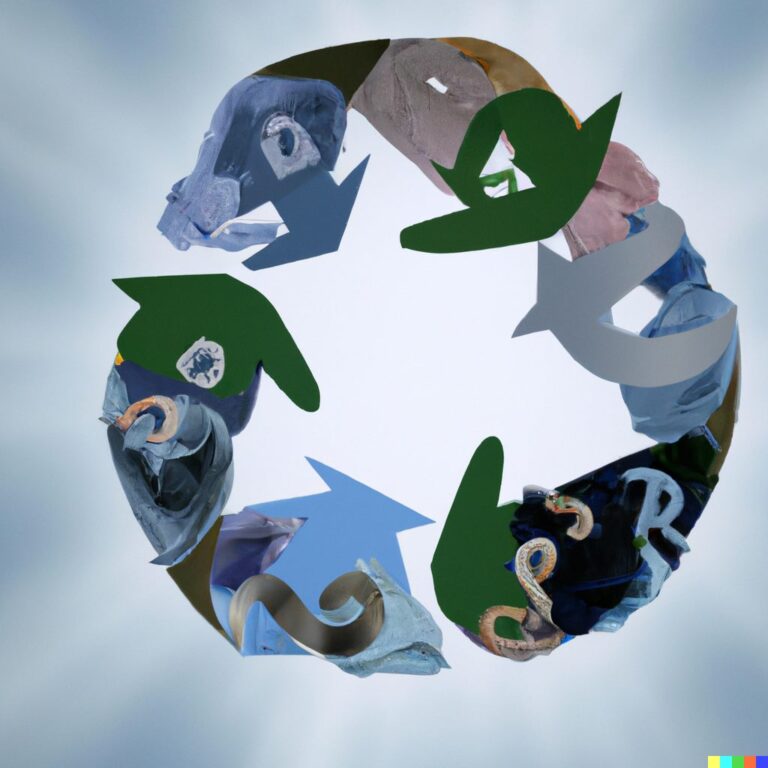The Circle of Fashion: How Sustainable Practices are Changing the Game

The fashion industry has long been criticised for its negative environmental impact and is one of the world’s highest-ranking polluters ahead of aviation and shipping combined. However, a new movement called the circle of fashion is emerging, which aims to create a more sustainable and ethical fashion industry. Learn about the principles of the circle of fashion and how it’s changing the way we consume and think about fashion.
The Problem with Fast Fashion
Fast fashion is a term used to describe the rapid production and consumption of clothing that is designed to be worn for a short period of time before being discarded. The poor quality also means the items are not suitable for resale. This business model has led to a number of negative impacts, including the production of large amounts of waste, and the depletion of natural resources. As consumers become more aware of these issues, they are seeking out more sustainable and ethical alternatives to fast fashion.
The Rise of Sustainable Fashion
Sustainable fashion is on the rise as consumers become more conscious of the impact their clothing choices have on the environment and society. This movement focuses on creating clothing made from sustainable materials, produced using ethical labour practices, and designed to last longer than fast fashion items. Brands that prioritise sustainability are gaining popularity among consumers who want to make a positive impact with their fashion choices.
The Circle of Fashion: Reduce, Reuse, Recycle
The circle of fashion is a concept that emphasizes the importance of reducing waste, reusing materials, and recycling clothing to create a more sustainable fashion industry. This approach involves designing clothing that is made to last, using eco-friendly materials, and implementing ethical labour practices. By reducing waste and reusing materials, the fashion industry can reduce its impact on the environment and create a more sustainable future. Recycling clothing also helps to reduce the amount of clothing that ends up in landfills, which can take hundreds of years to decompose.
The Importance of Ethical Production
Ethical production is a crucial aspect of the circle of fashion. It involves ensuring that workers are treated fairly and paid a living wage, and that the production process is environmentally sustainable. This means using eco-friendly materials, reducing waste, and minimizing the use of harmful chemicals. Ethical production also involves transparency in the supply chain, so that consumers can make informed decisions about the clothing they buy. By prioritizing ethical production, the fashion industry can create a more sustainable and socially responsible future.
How Consumers Can Support Sustainable Fashion
As consumers, we have the power to support sustainable fashion practices. One way to do this is by choosing to buy from brands that prioritise ethical production and sustainability. Look for certifications such as Fair Trade or GOTS (Global Organic Textile Standard) on clothing labels. An increasing trend which supports the sustainable fashion concept is through rental, especially for occasion wear that is only worn a handful of times. Many now also look for second-hand items which supports the next stage of the clothing value chain. By making conscious choices about the clothing, we buy and how we care for it, we can contribute to a more sustainable fashion industry